Facebook User Cleared - Arrest Declared Unlawful
By Faraz Shauketaly
A Facebook user from Katugastota in the Kandyan hills of Sri Lanka has won an important Supreme Court case for the infringement of his fundamental rights. He has been exonerated from all charges and awarded substantial damages in connection with a post he had made on Facebook. The post was related to his call for an ideological struggle to counter on-line attacks on the Muslim community.
A lengthy Supreme Court judgement is highly critical of the handling by the Police who had arrested him and who had accused him of inciting hostility or violence. A three-member bench of the Supreme Court of Sri Lanka heard the case for a breach of fundamental rights in connection with the arrest and detention on remand of Mr. Mohammed Ramzy.
The bench were unanimous in their judgement that Mr. Ramzy had not broken any law and it is likely to have ramifications for how the Police investigate on-line postings and the judgement asserts the fundamental right of free speech.
Mohammed Ramzy has for some years been a regular user of Facebook. At the time of the contentious posting he had 1,212 followers and 3,497 friends. The Supreme Court noted that his postings covered socio cultural, religious and political issues. His posts have been aimed at promoting ethnic harmony, reconciliation, equality and justice. Mr. Ramzy claimed to be a strong opponent of racism, religious extremism, communal violence and a believer of a peaceful society filled with tranquility and harmony among all ethnic groups.
On 2nd of April 2020 Mr. Ramzy responded to Facebook postings promoting a false rumour that the Muslim community were responsible for the spreading of the coronavirus.
In his own posting Mr. Ramzy called for Muslims to take up a counter campaign on-line. He wrote that the Muslim community was being encircled by racist groups waging an ideological war “Muslims should pay attention to the need to carry out an ideological jihad by using the mainstream media social media and other space”
“This is the time to take up the pen and the keyboard as arms and get ready for an ideological war.”
His posting attracted hundreds of responses on Facebook including death threats and calls for his arrest.
Mr. Ramzy lodged a complaint to the Inspector General of Police (IGP) regarding the death threats and named names of people and websites that were the source of the threats. No investigation was carried out into the death threats.
However, Mr. Ramzy himself was arrested and accused of inciting hostility or violence and threatening danger to public order.
The Police and the Attorney General were represented at the hearing by State Counsel Ms. Induni Punchihewa. She drew the attention of the Supreme Court to the fact that the original information regarding the publication of Mr. Ramzy’s Facebook post had been provided to the Criminal Investigation Department (CID) by the Ministry of Defence.
Mr. Ramzy was charged with three specific offences arising from his posting: firstly, under Section 120 of the Penal code (Sedition - promoting hostility promoting hostility between different classes of people), secondly under Section 3 of the ICCPR Act, (incitement to racial or religious hatred, hostility or violence) and thirdly, Section 6 of the Computer Crimes Act, using a computer knowingly to cause danger to public order.
In September 2023 the Attorney General of Sri Lanka notified the CID that he did not intend to take any further action. Consequently, by an order dated 25th September 2023 the Magistrate discharged Mr. Ramzy bringing an end to his ordeal of three years including five and a half months in detention. Mr. Ramzy then brought his case to the Supreme Court for infringement of his Fundamental Rights.
The Supreme Court judgement criticizes the Police for misleading the Magistrate in the handling of the initial charges and the inadequate investigation carried out by the Police.
The size of the compensation award clearly indicates that the Supreme Court were imposing sanctions on the Chief Inspector (the arresting officer) and the Director of the CID with a view to encouraging Police Officers to refrain from acting in the way they conducted the prosecution of Mr. Ramzy.
Unusually the Supreme Court judgement includes an order to the Attorney General of Sri Lanka to produce a summary of the principles contained in the judgement for distribution to all police officers in the form of instructions requiring strict compliance. The judgement gave the Attorney General 30 days to do this.
The instructions will surely include a requirement for investigators and prosecutors to analyse any written statement on social media to contain an element of intention to advocate discrimination, hostility or violence and not merely share an opinion with others but to compel others to commit certain actions based on the views expressed. This also requires strict application of the actual law on which a prosecution might be based.
“When the exercise of a fundamental right is restricted by law, in my view such law must be strictly interpreted ‘as some jurists claim, the narrowly interpreted’ so as to give recognition to the exact purpose for which the parliament enacted the restriction and for no other reason” – says Justice Kodagoda.
It is not sufficient for example for a prosecution to be mounted in respect of a social media posting critical of the government.
The Justices note that free speech includes the freedom to criticize government, ‘criticism of government however unpalatable, it cannot be restricted or penalized unless it is intended or has a tendency, to undermine the security of the state or public order or to incite the commission of an offence.’
The Judges concluded that no offence had been committed to Mr. Ramzy’s posting and his arrest and subsequent detention on remand were unlawful. Mr. Ramzy is to receive Rs 30,000 from the arresting officer, the same amount from the head of CID and Rs 1 million from the state in compensation. The Supreme Court also awarded Mr. Ramzy his costs to be paid from State funds.
In the 50-paged judgment in FR135/2020, Mr. Justice Yasantha Kodagoda – with his colleagues Justices B P Aluwihare and Janak De Silva agreeing – are highly critical of the Police conduct in Mr. Ramzy’s prosecution.
They note that the Police report to the Magistrate fails to contain a summary of statements recorded in the course of the investigation and fails to indicate how the findings of the investigation lend support to the allegations against Mr. Ramzy.
The Judges quote from the Police report, “producing to court a suspect and reporting facts pertaining to spreading of information which has the tendency of breaching harmony between ethnic communities by calling for the waging of a jihadist war” the Judge says that using the term ‘jihadist war’ as opposed to, ‘an ideological jihad using the pen and the keyboard’ the arresting officer Chief Inspector BMASK Senaratne, had made a conscious attempt to mislead the learned Magistrate by portraying that Mr. Ramzy had called for the waging of an armed struggle.
Justice Kodagoda, the writer of the unanimous Supreme Courtjudgement, said that the Officer further misled the Magistrate by stating that Mr. Ramzy had been spreading news with the view to causing in the mind of Muslims revolutionary ideas and encouraging them to engage in such activities. He adds that the Police also gave the impression to the Magistrate that Mr. Ramzy had attempted to hide his true identity whereas it is apparent that the Facebook profile contains his correct name and it is undisputed that Mr. Ramzy’s profile photograph correctly depicts him.
Referring specifically to the wording of Mr. Ramzy’s posting of April 2nd 2020, Justice Kodagoda writes, “I see nothing inflammatory or obnoxious to the law and in particular any attempt to incite the feelings of either the Muslim community or any other community or incite others to perpetrate violence particularly because the term “jihad” had been prefixed by the term ‘ideological’ coupled with the weapons the virtual petitioner (Mr. Ramzy) called upon others to use namely ‘the pen and keyboard’.
Justice Kodagoda states that instead of acting as a dutiful law enforcement officer Chief Inspector Senaratne had used sections of the penal code and other laws and Mr. Ramzy’s five-month detention on remand as a punishment.
“Most unfortunately it has now become common place for this court to receive applications alleging the arrest of persons without sufficient cause and in a manner that infringes their fundamental rights.”
“Such arrests are often followed by periods of remand which are also contrary to law. A careful consideration of most such unlawful arrests reveals instances where police officers have not been permitted to exercise discretionary authority conferred on them and been persuaded by persons in authority to act in a particular manner.”
The judgement hints at pressure from ‘higher authorities’ on the Police to prosecute Mr. Ramzy despite insufficient investigation and evidence. It is significant that the Supreme Court judgement notes that the original information that prompted the Police to prosecute Mr. Ramzy came to the CID from the Ministry of Defence. The Supreme Court does not elaborate. The intervention of the Ministry of Defence is significant because it is in charge of the state intelligence services.
“It is necessary for me to observe that it is the responsibility of those who yield political and administrative authority over police officers or is placed in higher hierarchically superior position, to unconditionally refrain from giving case or person specific instruction to police officers unless they have been specifically authorized by law to give such instruction” – Justice Yasantha Kodagoda
Free speech, expression and publication is guaranteed within the Constitution of Sri Lanka. The growth of social media platforms has highlighted the import of the special nature and the power of internet-based media such as Facebook.
Nevertheless, the State can impose limited restrictions for the public good and rule of law. For example, restraining hate speech, inciting violence, inciting racial or religous discrimination and disruption public order.
Freedom of speech and expression is enshrined in Article 14 of the Constitution. Indeed in this judgement it is stated, “the exercise of this fundamental right can be restricted only through constitutionally limited legislative means, which may be enforced only by legal authority in the wider public and national interest.
Prosecutors and courts are therefore required to pay regard to whether a contentious utterance falls foul of specific legal restrictions. In dropping the case, the Attorney General of Sri Lanka found that Mr. Ramzy’s posting did not.
The Supreme Court justices rule that the use of Mr. Ramzy’s word ‘jihad’ did not mean he was advocating violence, because he had prefixed it with ‘ideological’. Mr. Ramzy’s posting was advocating a social media campaign by the use of ‘pen and keyboard’. The Justices allude to the idiom ‘the pen is mightier than the sword’.
The judgement also rules that Mr. Ramzy’s prosecution was doomed by the Police report that changed his words ‘ideological jihad’ to ‘jihadist war’.
The overall result therefore was that Mr. Ramzy’s arrest and subsequent detention on remand were unlawful.
The judgement observes that Police Officers must bear in mind that a prosecution and reman custody are criminal justice measures that have a direct bearing on the liberty of persons – and could have an effect that infringes their fundamental rights.
“Some degree of laxity can be shown by this court if a decision on whether or not to arrest a suspect alleged to have committed a cognizable offence had to be taken in the field at the spur of the moment where the arresting officer was required in the circumstances of the situation to take a decision spontaneously and without any access to guidance or direction from a senior officer or legal advice. The instant case is not like that.’
The arresting officer, Chief Inspector Senaratne, did not indicate anywhere that he had acted on legal advice or instructions of superior officers in the course of investigating Mr. Ramzy’s Facebook posting.
The Supreme Court placed upon the Chief Inspector the primary responsibility for the infringement of Mr. Ramzy’s fundamental rights.
In what has become known as “The Facebook Case Judgement” The Supreme Court judgement is remarkable in that it includes some ten pages of detailed analysis of the principles of the right to free speech, expression and publication. The justices sum up the importance of free speech:
“For the right to speech and expression to be meaningful and effective, citizens must have the right to free speech, expression and their publication unshackled by dictatorialism,
totalitarianism, authoritarianism, majoritarianism, and tyrannical oligarchism.”
‘Debate on public issues should be uninhibited robust and wide open and that may well include vehement caustic and sometime unpleasant sharp attacks on government.’
(From the Fundamental Rights application FR135/2020) in the Supreme Court of Sri Lanka.
( farazcolombo@gmail.com)
Comments
-
Still No Comments Posted.








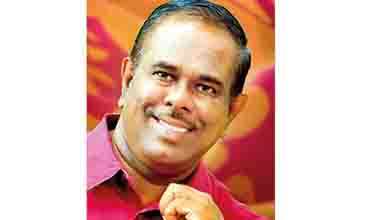

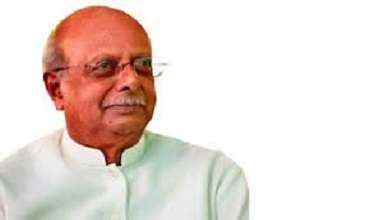
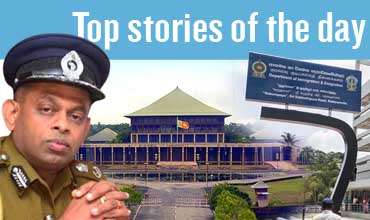

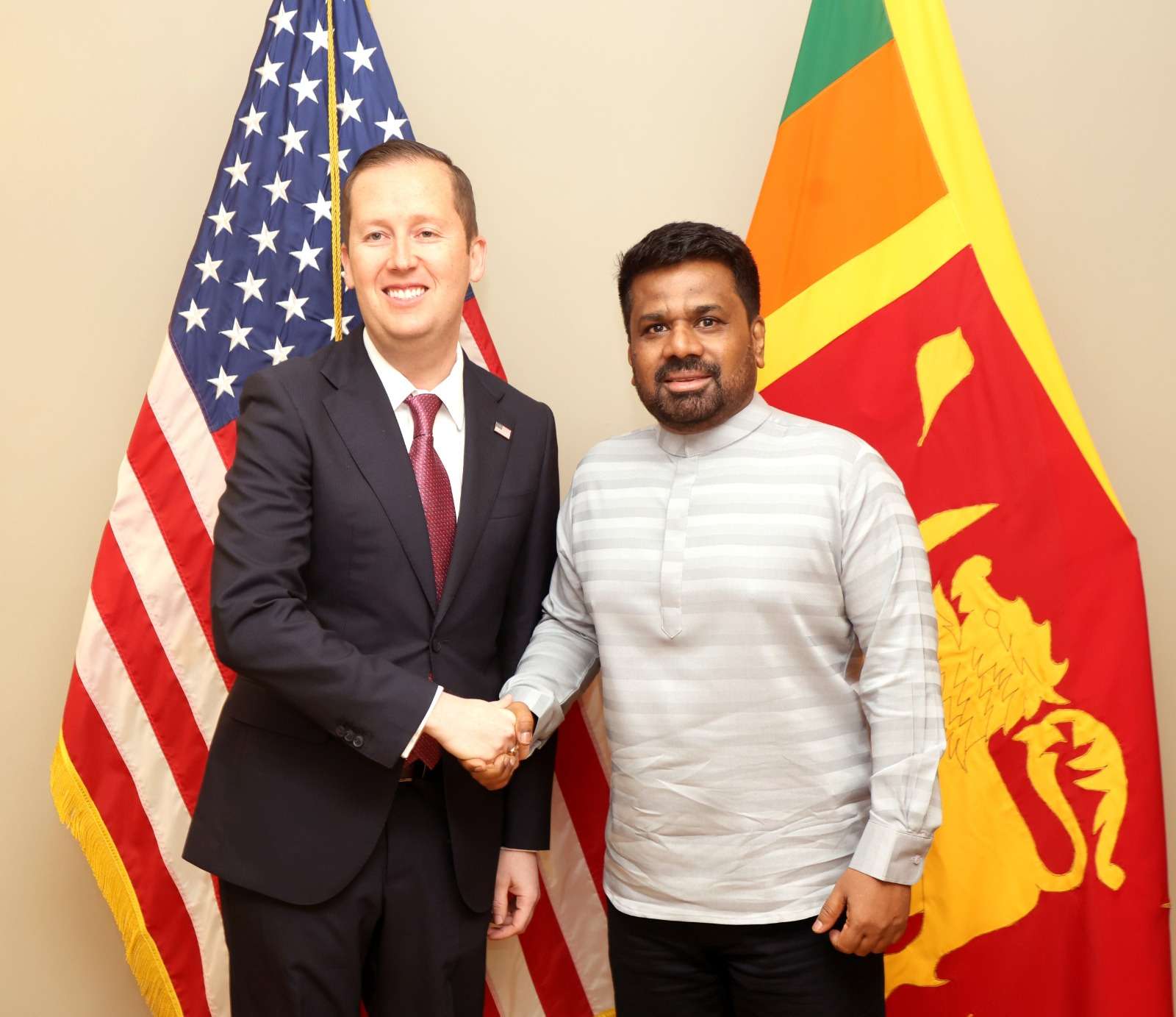
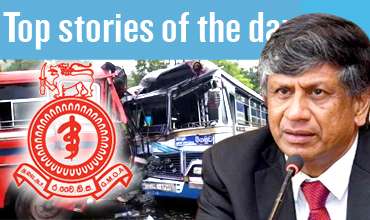
Leave Comments